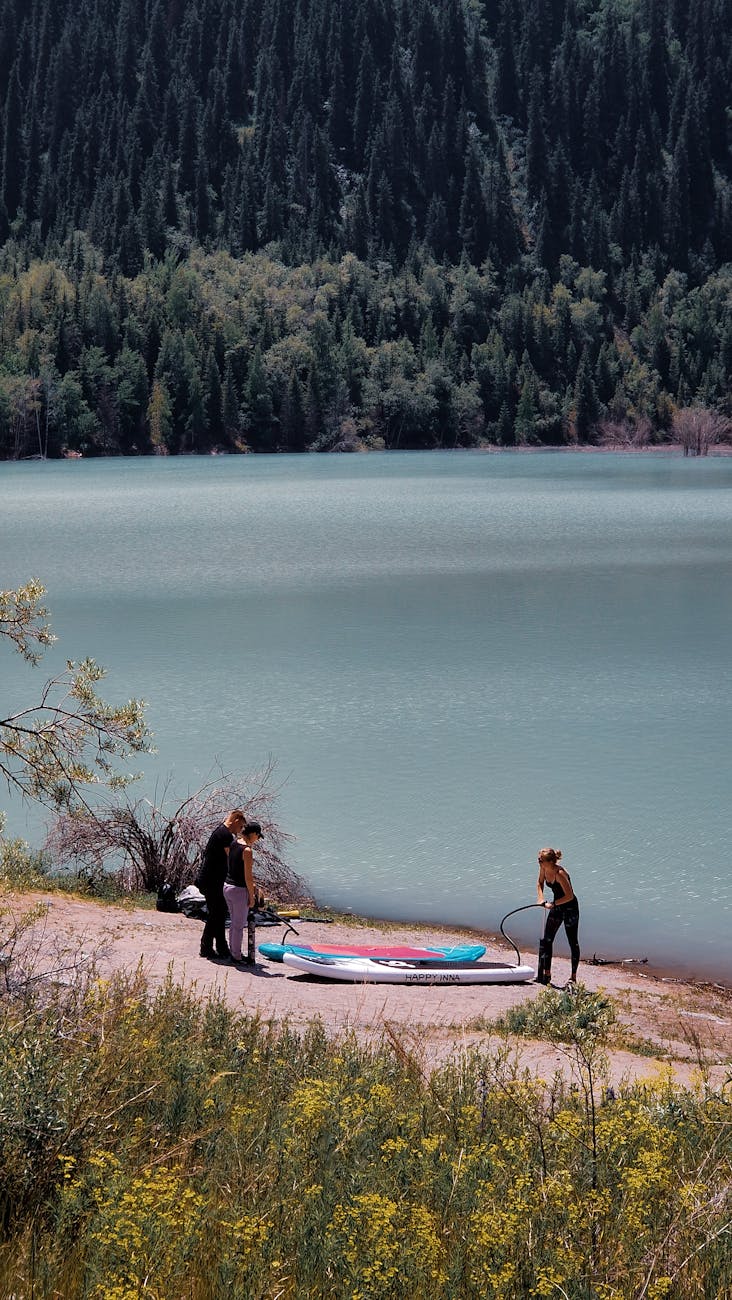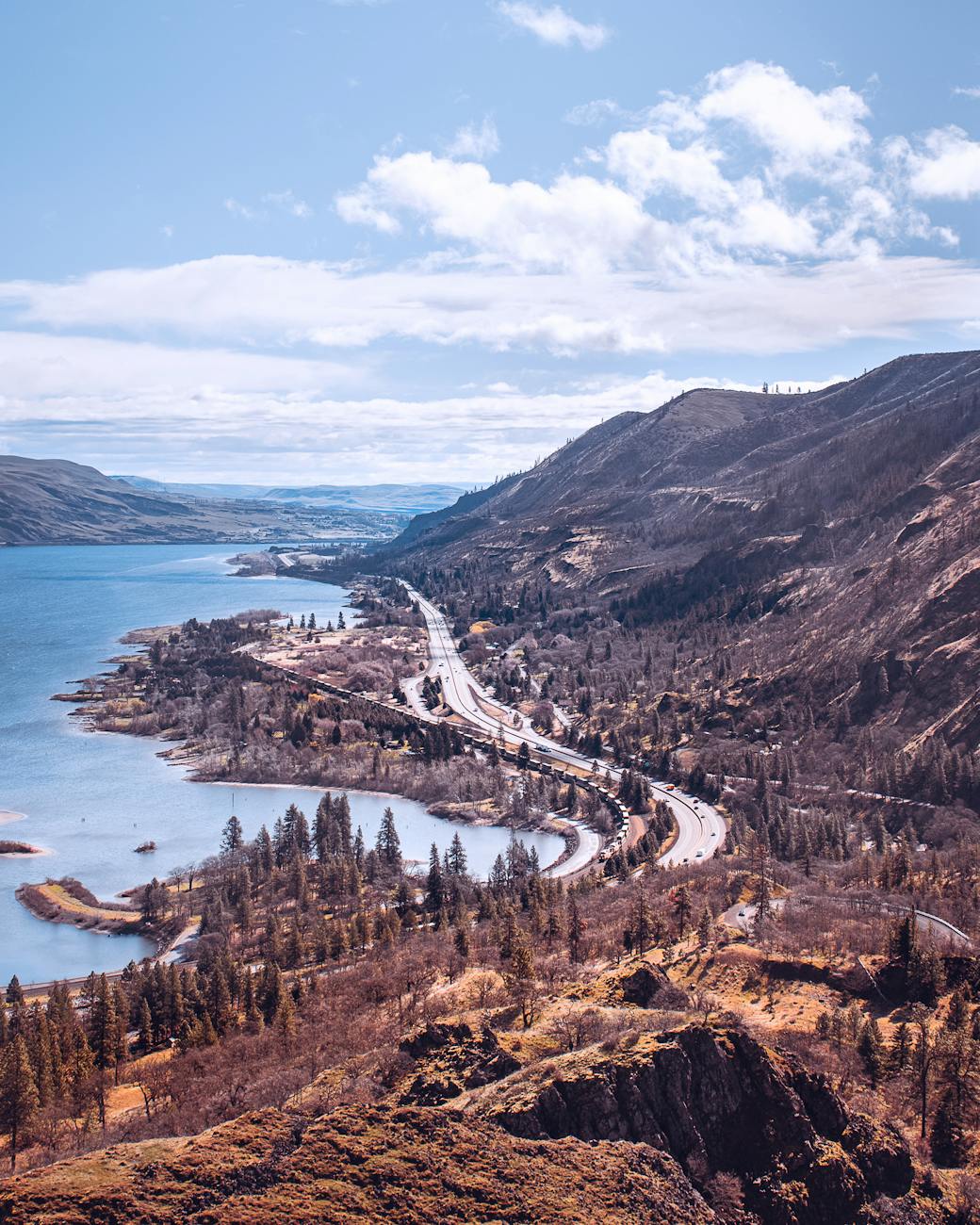“`html
Imagine you’re amidst the serene beauty of a national park, fully immersed in nature’s embrace, when suddenly the unexpected happens. Maybe your hiking trail takes an unforeseen turn, or your camping gear goes missing. It can happen to anyone, at any time. This blog post delves into wilderness survival skills that could not only save your vacation but might also lead to unforgettable adventures and life-changing experiences. Whether you’re an outdoor novice or an experienced explorer, these essential techniques can empower you, ensuring a sense of security during your escapades.
The great outdoors presents thrilling opportunities to connect with nature, but this connection comes with inherent risks. By equipping yourself with specific survival skills, you can navigate potential challenges and enhance your overall adventure. Let’s unpack crucial skills that not only bolster your confidence but may also turn a precarious situation into a resilient moment of triumph. Ready for exploration? Let’s dive into the essentials!
When it comes to surviving in the wilderness, knowing how to build a proper shelter is pivotal. A robust shelter can shield you from harsh weather conditions and keep you warm during cold nights. Think of it as your first line of defense against the elements. Finding suitable materials in your surroundings, like branches, leaves, or rocks, is vital. Depending on the environment, structures can range from simple lean-tos to more elaborate debris huts. Practice these techniques before your vacation; the experience will familiarize you with the natural resources available and boost your confidence should you find yourself in a bind.
Moreover, learning how to evaluate your location is equally important. Select a spot that’s elevated to avoid floods, away from falling branches, and close to a water source for convenience. The art of constructing a makeshift shelter not only enhances your outdoor skills but creates a sense of personal achievement when successfully accomplished. A cozy haven amid the wilderness can make all the difference during your adventure.
Water is life, especially in a survival scenario. Understanding how to locate and purify water can be a game-changer. While it may seem challenging, your surroundings often hold potential sources. Rivers, streams, and even dew on leaves can provide hydration. However, flowing water is generally safer than stagnant, so always prioritize your options. Additionally, knowledge of water purification methods, such as boiling or using purification tablets, is crucial. This process ensures that you consume safe water, preventing illness that could quickly derail your travel plans.
Moreover, carrying a portable water filter or chemical treatment can help ease your worry about finding clean sources. Explore these methods before embarking on your trip, as they bolster your water sourcing proficiency. Staying properly hydrated not only keeps you energized but enhances your enjoyment of the great outdoors—leading to a more memorable vacation experience.
A campfire is more than just a source of light or warmth; it serves as a critical survival tool. The ability to start a fire using various methods can elevate your wilderness experience tremendously. Techniques range from traditional matches to friction-based methods like the bow drill or hand drill. Each method has its charm and learns to build a fire under varying conditions—whether it’s windy, wet, or dry—will make you feel empowered.
Not to mention, a fire can offer solace during lonely nights, provide a means to cook food, and act as a signaling device for help. Understanding which type of tinder, kindling, and fuel to use can also make your fire-starting efforts much more effective. Practicing fire-making prior to your journey ensures you’re prepared and builds immense confidence in your abilities, so you can enjoy your vacation fearlessly.
Getting lost in nature can be alarming, but solid navigation skills can help you chart a safe course and avoid unnecessary detours. Familiarizing yourself with reading maps, understanding compass usage, and recognizing natural landmarks provides a roadmap to safer travels. Even in the age of technology, where GPS reigns supreme, you never know when batteries could fail or signal lost. Being adept in traditional navigation techniques elevates your outdoor experience immensely.
Consider practicing these skills in local parks or during training hikes. This preparation not only makes you responsive in an emergency but allows you to immerse yourself in the beauty of the landscape around you. Voyager navigators didn’t rely on satellites—they observed and interpreted their environment, allowing them to embark on some of the most incredible journeys in history. So, take charge and enhance your navigation skills today!
Accidents can happen anywhere, including amidst breathtaking wilderness. Knowing basic first aid can be invaluable when dealing with unexpected injuries or ailments. Develop familiarity with techniques to handle cuts, scrapes, sprains, or insect bites. A well-stocked first-aid kit is essential, yet knowing how to utilize the items within it is equally crucial.
Learning skills such as the Heimlich maneuver or CPR can empower you to respond effectively in emergencies, giving you the confidence to handle potentially life-threatening situations. First-aid knowledge transforms you into a capable ally—somebody prepared to assist yourself or fellow adventurers. Inspire confidence in your group, as the peace of mind gained through preparedness allows everyone to enjoy the outdoor experience more fully.
Encounters with wildlife can be exhilarating, but they also pose inherent dangers. Understanding animal behavior and recognizing dangerous species can save your trip from becoming a wild adventure gone wrong. Familiarize yourself with the fauna in the region you’ll explore; this knowledge helps you avoid undesired confrontations. Keeping a safe distance from animals while observing their behavior is paramount for your safety and theirs.
Additionally, learning about food storage techniques will keep bears and other wild animals at bay—after all, a bear with a nose for food isn’t your ideal campsite companion! By adopting such practices, you foster a respectful coexistence with the nature around you. Ultimately, your awareness transforms a simple trip into a fabulous exploration full of wildlife encounters that enrich your outdoor narrative.
Even with the best preparation, sometimes things go awry. Learning how to signal for help is essential when all else fails. Whistles, mirrors, or even creating large ground signals can attract attention. Having a pre-established plan of where to go for help or letting someone know your itinerary before heading out can significantly enhance your chances of rescue. If you find yourself in an emergency situation, remaining calm is imperative.
Utilizing all resources available to communicate your situation effectively can save the day. Consider taking a wilderness survival course that includes rescue strategies, as this preparation provides invaluable knowledge and practice. Your proactive approach can make a world of difference when facing adversity in nature, ensuring your adventure continues smoothly.
Embracing wilderness survival skills transforms fear into confidence and uncertainty into empowerment. By learning essential techniques, you enhance not just your ability to survive but also your capability to thrive during your adventures. The beautiful outdoors welcomes the prepared; it rewards those who respect its unpredictable nature. Equip yourself with knowledge and skills, and watch how your vacations morph into extraordinary experiences filled with awe and wonder.
So before embarking on your next getaway, take the time to hone these skills, invest in a bit of practice, and unleash the adventurous spirit within you. The great outdoors is evocative, exhilarating, and you have all the tools to enjoy every moment it offers—safely and splendidly!
What is the most important survival skill to know?
While all the skills are valuable, the ability to build a shelter is paramount as it protects you from the elements and keeps you safe. Without shelter, survival becomes exponentially more challenging.
How can I practice these skills before my vacation?
Consider joining wilderness survival workshops, or embark on local hikes where you can practice building shelters, starting fires, and navigating with a compass. The more experience you gain, the better prepared you’ll be.
Is it safe to hike alone?
Hiking alone can be safe, but it increases risks. Ensure you let someone know where you are going, stick to well-marked trails, and carry a map and compass, even if you are using GPS.
What should be in a basic first-aid kit for the wilderness?
A well-rounded first-aid kit should include adhesive bandages, antiseptic wipes, gauze, adhesive tape, a splint, tweezers, a snake bite kit, pain relievers, and your personal medication as necessary.
“`
Image Credit: Pexels





